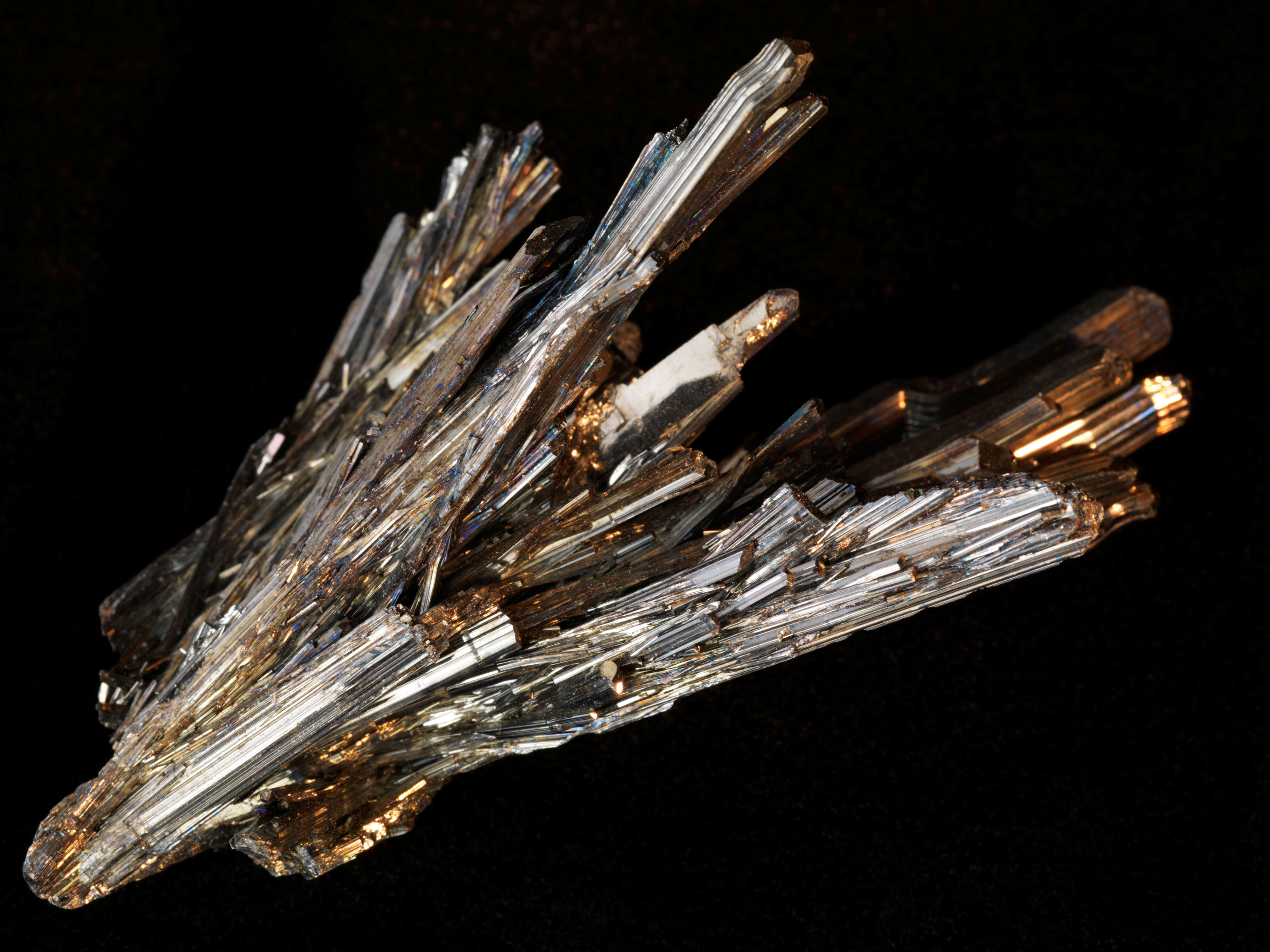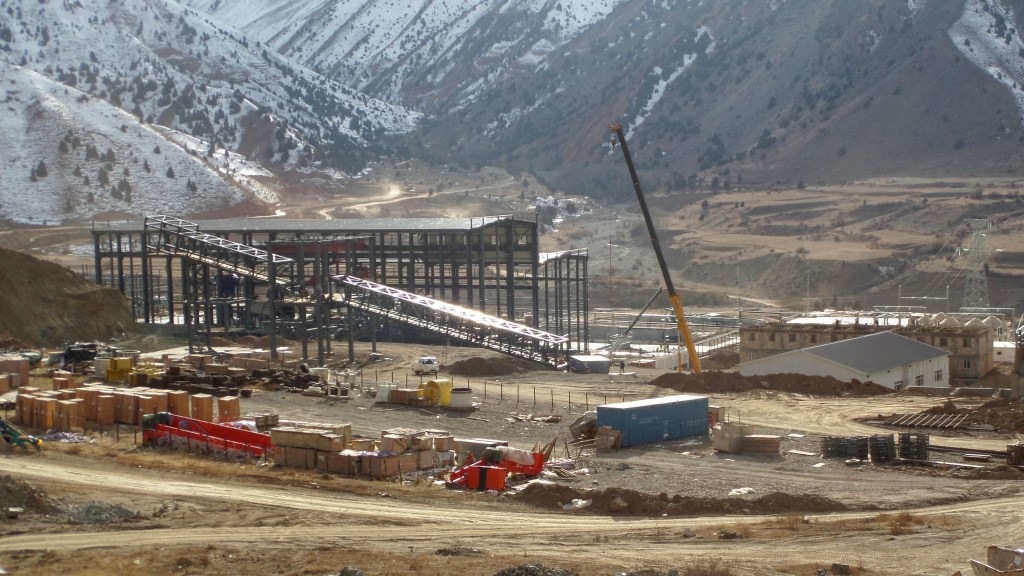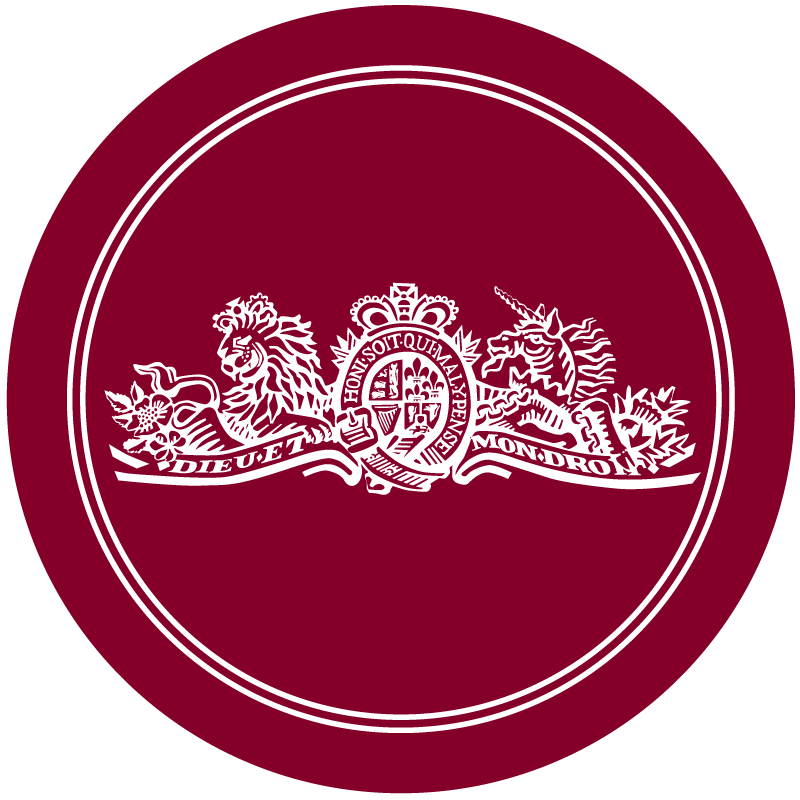China Imposes Export Restrictions on Antimony Amid Global Trade Tensions
China is set to impose restrictions on the export of antimony, a crucial mineral used in batteries and weapons manufacturing, heightening tensions between East and West in the global trade arena.
The new regulations will require exporters to obtain a licence to ship out the mineral and its compounds, starting September 15. The commerce ministry stated that the measures aim to “further safeguard China’s national security and interests and comply with the nation’s international non-proliferation commitments.”
China is responsible for approximately half of the world’s antimony production, often sourced as a by-product in gold mining. The grey metal has seen a surge in demand, reaching a record price of over $22,000 per tonne this year.
While most antimony is used in flame retardants and solar panels, its hardness also makes it a key material in missiles and ammunition. With Russia contributing about 20 percent of the global supply, China’s latest move further isolates the United States and its allies, as the U.S. has no domestic antimony production.
China emphasized that the restriction is not “targeted at any specific country.” However, the ministry mentioned that Beijing is cautious not to export materials that could jeopardize its own security.
“The controls are driven by security concerns, as certain elements may be exploited by some nations or regions, endangering global stability,” stated Zhou Mi, an analyst from a state think tank, in an interview with the Global Times, a Communist Party-affiliated newspaper.
The prospect of losing access to antimony, dominated by China and Russia, has spurred significant investment in the sector. Shares of Larvotto Resources, an Australian mining and exploration company, surged by 44 percent in Sydney following the news. Larvotto aims to commence operations at a new mine in Hillgrove, northern New South Wales, by 2026. This site is believed to house one of the world’s ten largest antimony reserves.

Perpetua Resources, an American mining company, is receiving financial backing from the Pentagon and the state import-export bank to extract antimony in Idaho. The funding partly comes from Congress-allocated defense budgets in response to the ongoing war in Ukraine.
China’s antimony restrictions follow similar export controls on rare earth elements, a group of 17 metallic elements critical for batteries and other components of green technology supply chains. Announced last year, these controls also triggered a surge in research and development for alternative sources.
China’s recent policies are, in part, a response to America’s escalating sanctions and export restrictions aimed at blocking the shipment of advanced U.S. technology, particularly specialized computer chips that would allow Beijing to compete with Washington both economically and militarily.




Post Comment